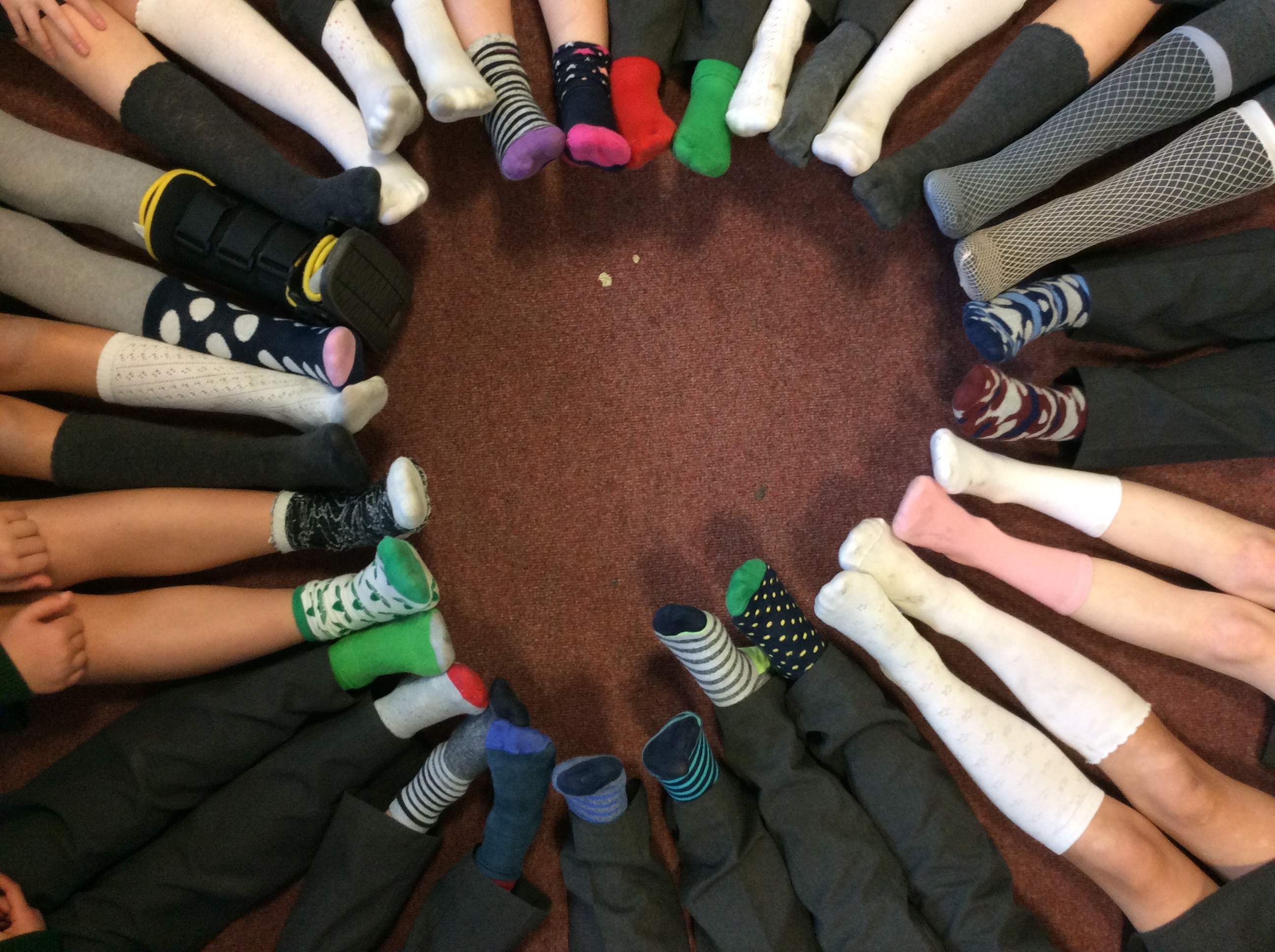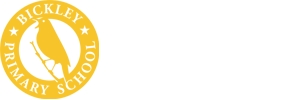PSHE (Personal, Social, Health Education) And RHE (Relationships and Health Education)
BackPSHE
The aim of Personal, Social, Health and Economic Education is to provide learning experiences to promote the skills, knowledge and understanding that children need to lead confident, healthy lives, to make and maintain responsible relationships, and to enable them to play an active role as citizens. It promotes the development of positive self-esteem and self-confidence so that children achieve their maximum potential and become independent, while also having a sense of responsibility to others.
At Bickley Primary School, we promote a caring, stimulating environment with high standards. We want children's learning to be a positive, enriching experience where individuals can achieve their maximum potential. Through all aspects of school life, children are encouraged to develop their individuality, as well as tolerance and understanding of others. We actively promote respect for moral values, and an understanding of different traditions and cultures.
There are opportunities for teaching PSHE in all areas of school life, including in the classroom, through whole school assemblies and activities, social skills groups and extra-curricular activities. PSHE has close links to many curriculum areas and is frequently addressed. Its principles permeate throughout everything that is done in all areas of school life and all staff are aware that children often learn most from the examples they are set by adults around them.
Our school follows the JIGSAW scheme of work which is a fantastic resource in supporting the children's learning in PSHE and RHE. Please read our updated policy if you would like to find out more about what we teach in different year groups.
WELL-BEING
At Bickley, we support the well-being of both adults and children. In our most recent Ofsted report (14th July 2023) it was mentioned that, “Leaders provide opportunities for pupils to understand and regulate their feelings. Right from the start in early years, pupils manage their emotions well. They behave extremely well in lessons. Pupils are motivated to do well because of the expectations their teachers set for them. Therefore, learning is not interrupted.
Personal, social, health and economic education is well structured. Pupils are taught that families may look different. They said that the most important aspect of a family is feeling loved and safe. Pupils are taught about consent in an ageappropriate manner. For example, in Reception, children are taught about understanding others’ feelings, and in Year 1, pupils are taught that touch can be used in kind and unkind ways.
Leaders aim for pupils to become responsible and respectful citizens. Pupils are taught about the importance of respect and democracy. They value and explore others’ views. Lessons across the curriculum help pupils understand how to identify risks, and how to recognise healthy and unhealthy relationships.”
ANTI-BULLYING WEEK
Every year, we take part in Anti-bullying week to ensure that children understand what bullying is and how it can be prevented. The children take part in age appropriate lessons to discuss how we can celebrate differences and why our differences make the world a better place. We discuss how bullying can effect others socially, emotionally, mentally and physically and they know who they can
talk to if they are having problems. Crucially, our older children learn about Cyber-bullying and how they can protect themselves online.
The children are always excited to take part in 'Odd Socks Day' which helps them to recognise that we are 'All different and All equal'.

MINDFULNESS
Throughout all Key Stages, children at Bickley take part in mindfulness exercises. The benefits of mindfulness include: increased empathy and compassion, improved happiness and optimism, greater focus and concentration and reduced stress and anxiety. Children regularly use 'Smiling Mind' and listen to guided meditations. If you would like more information about Smiling Mind please click here.
RESILIENCE AND GROWTH MINDSET
To help the children become lifelong learners, they are taught about Resilience and Growth Mindset. This helps children to understand how to persevere when they face new challenges and how they can support themselves when solving problems. Developing these skills helps children to take safe risks and to embrace new learning with open arms.
Practising Growth Mindset Theory with children is a great way to get them engaged with subjects and activities that they try to avoid through fear of getting things wrong or "not being good enough".
Do you have a Fixed Mindset or a Growth Mindset?
Watch these video clips from Class Dojo to help your child learn about Growth Mindset and Resilience:
Episode one: A secret about the brain
Episode two: The magic of mistakes
Episode three: The incredible power of yet
Episode four: The mysterious world of neurons
Episode five: Mojo puts it all together
5 ways to build resilience


